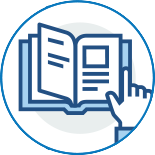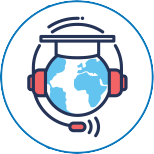

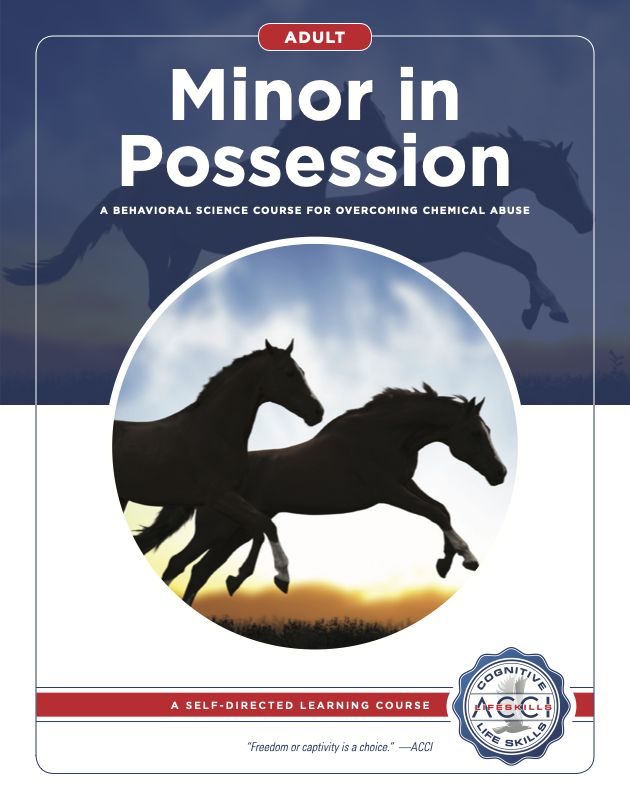
The Minor in Possession Life Skills Course was designed to help youth and young adults consider the possible long-term, life-threatening consequences of using alcohol and drugs. It is a self-awareness course that focuses on captivity versus freedom. This course is written as historical fiction that follows the lives of real people with real consequences. Life is too important to waste it becoming tangled in the web of substance abuse.
The course inetrvenes in the faulty thinking processes that allow minors in possession to possess and use illegal substances.
Most people don’t become fully cognizant untill age 25. This lack of self-awareness and proper thinking is a major contributor to minors in possession and their problems. Unawaful use of drugs and alcohol are just symptoms of deeper faulty thinking errors. The goal of the course is to help minors get though this stage in their life and become responsible adults. If we never change faulty thinking, we can never change faulty behavior.
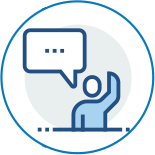

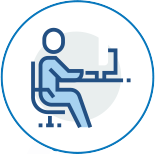
Life is a sapce of time to make correct choices.
Casual use can lead to addiction.
Growth or decay is a choice!
A recipe for disaster.
Be carefull what you think,you could be wrong!
Ten lifeskills to improve the quality of life.
Proactive vs reactive.
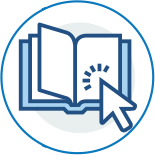
Course Format: eLearning and Printed Workbook
eLearning Length: 600 Slides
Scientific Model: Cognitive Restructuring
Author and Publisher: ACCI Lifeskills
Item Number: W 125
Workbook Pages: 48
Course Length: ~10 hours
